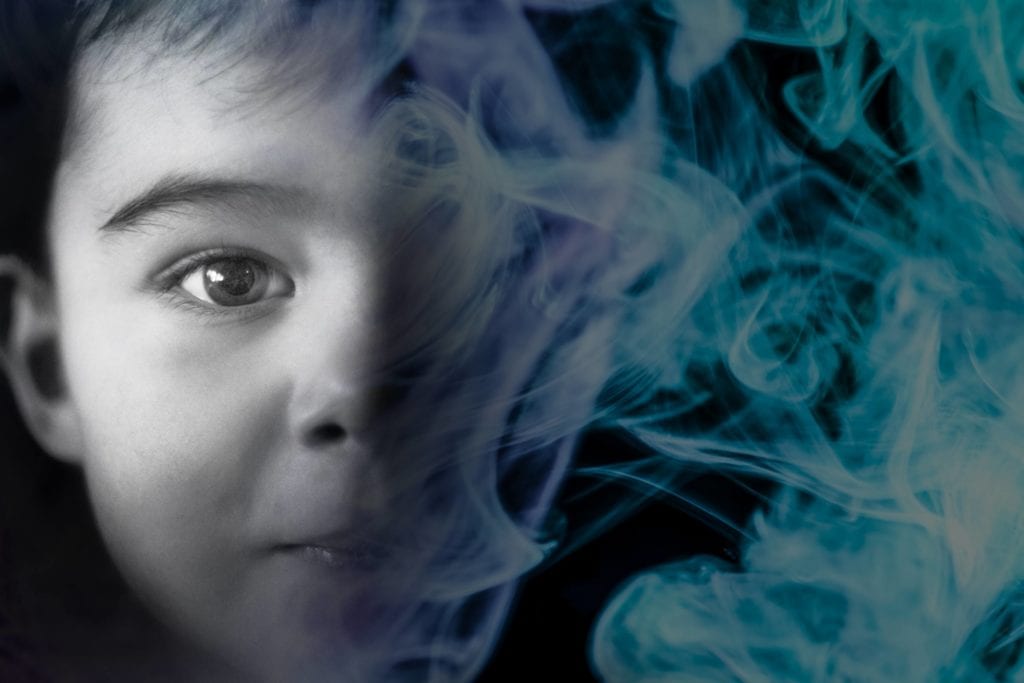

Women who were physically or emotionally abused as children are significantly more likely than those who did not experience this type of trauma to be diagnosed in adulthood with lupus. That’s the conclusion of a new study, presented at the 2018 American College of Rheumatology/Association of Rheumatology Health Professionals (ACR/ARHP) Annual Meeting in Chicago.
While lupus — an autoimmune disease that causes joint and organ damage — might not seem like it has anything to do with this type of distress, the connecting factor is probably inflammation.
“In prior work, exposure to stress and stress-related disorders… has been associated with increased risk of subsequently developing autoimmune diseases, including lupus,” Candace H. Feldman, MD, ScD, assistant professor at Harvard Medical School and the study’s lead author told the American College of Rheumatology in a press release. “Exposure to adverse childhood experiences has specifically been associated with higher levels of inflammation, as well as with changes in immune function.”
To conduct this new study, researchers used data on 67,434 women who participated in the Nurses’ Health Study between 1989 and 2015. During that time period, 93 of the women were diagnosed with lupus. Thanks to questionnaires the subjects had completed every other year, researchers were also able to determine who had been physically or emotionally abused as well as how severe the abuse was.
After analyzing the data, the authors determined that women who had experienced the most severe level of abuse in childhood were more than twice as likely to be diagnosed with lupus as adults compared to those who had not been abused.
When the researchers accounted for other possible risk factors, such as smoking, BMI, and age of first period, the connection between abuse and lupus diagnosis still held relatively strong.
This study, which was funded by the National Institutes of Health, does not prove that abuse causes lupus.
But it does “suggest that the effects of exposure to physical and emotional abuse during childhood may be more far-reaching than previously appreciated,” Dr. Feldman told ACR. “The strong association observed between childhood abuse and lupus risk suggests the need for further research to understand biological and behavioral changes triggered by stress combined with other environmental exposures.”
Learn About More Rheumatology Research Breakthroughs
Follow our latest ACR meeting coverage to read about the research findings that could affect your treatment, lifestyle, and overall health.
Get Involved with Patient-Centered Arthritis Research
If you are diagnosed with lupus, arthritis, or another musculoskeletal health condition, we encourage you to participate in future studies by joining CreakyJoints’ patient research registry, ArthritisPower. ArthritisPower is the first ever patient-led, patient-centered research registry for joint, bone and inflammatory skin conditions. You can use ArthritisPower to track your disease symptoms, share patterns with your doctor, and participate in voluntary research studies. Learn more here.





